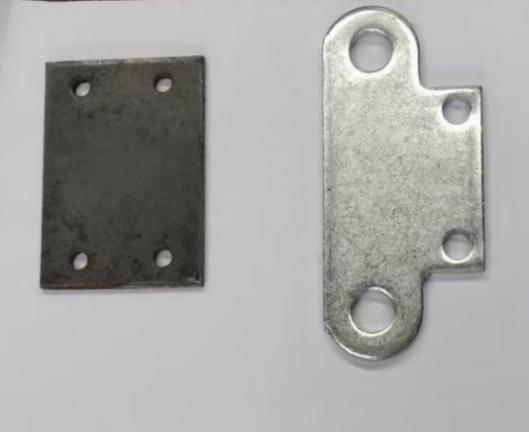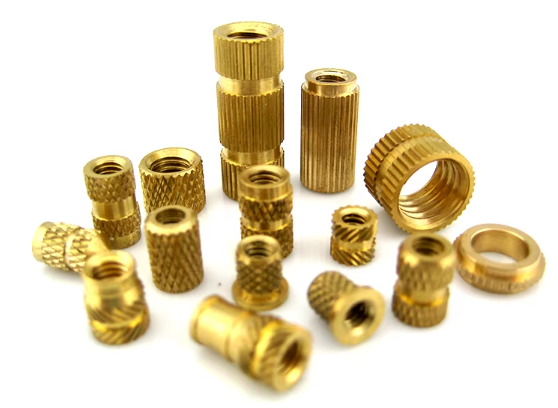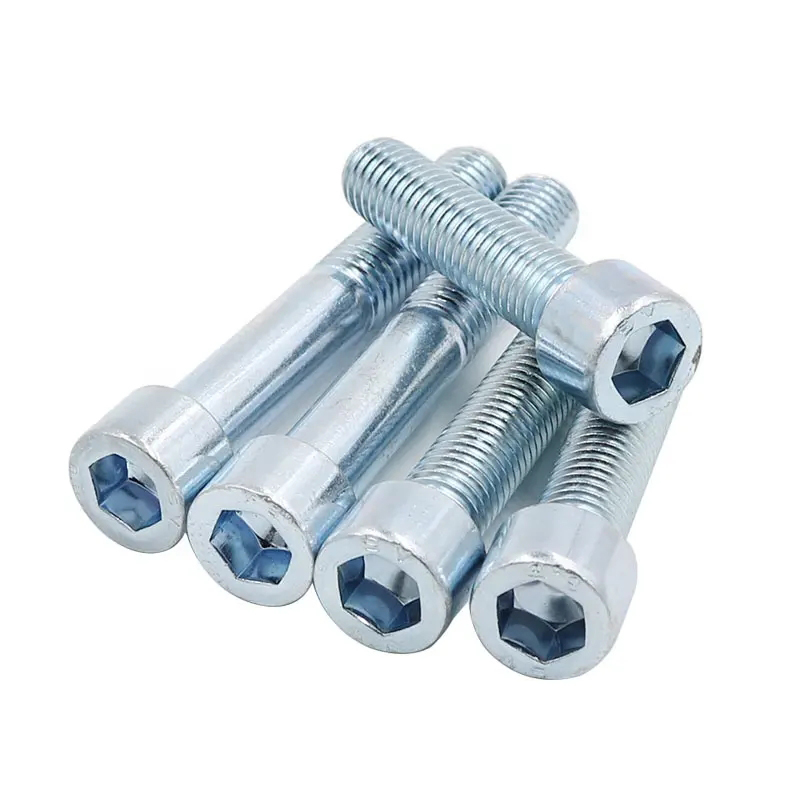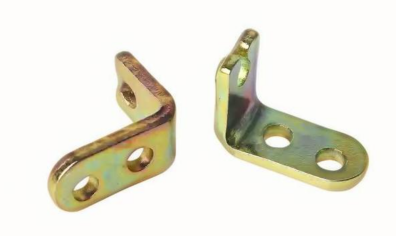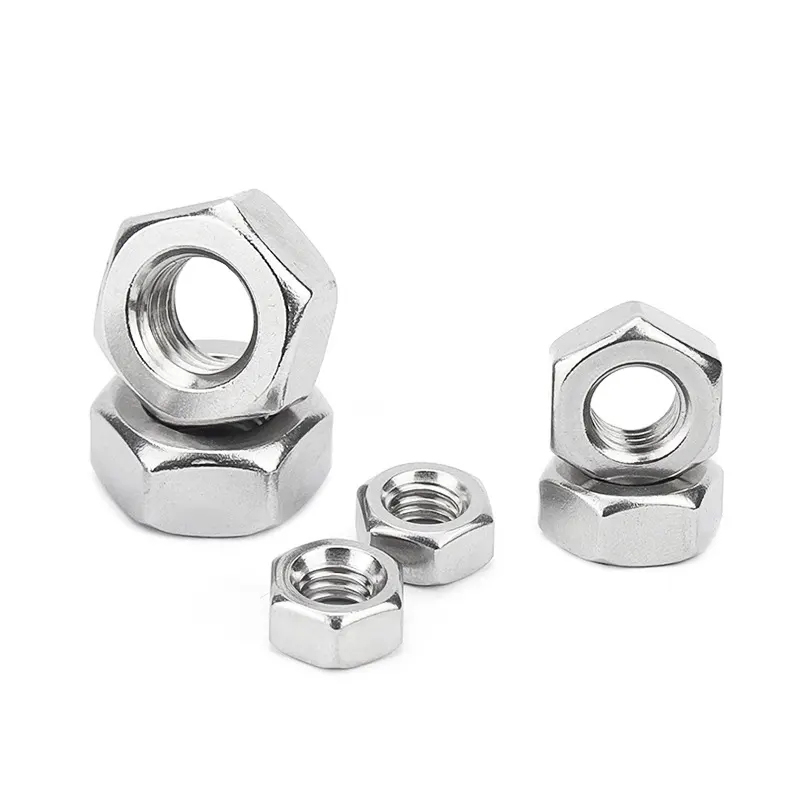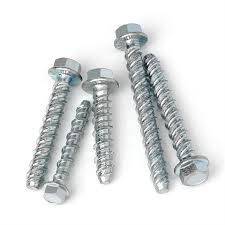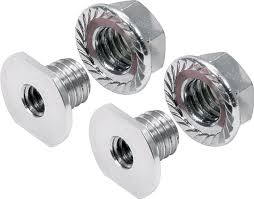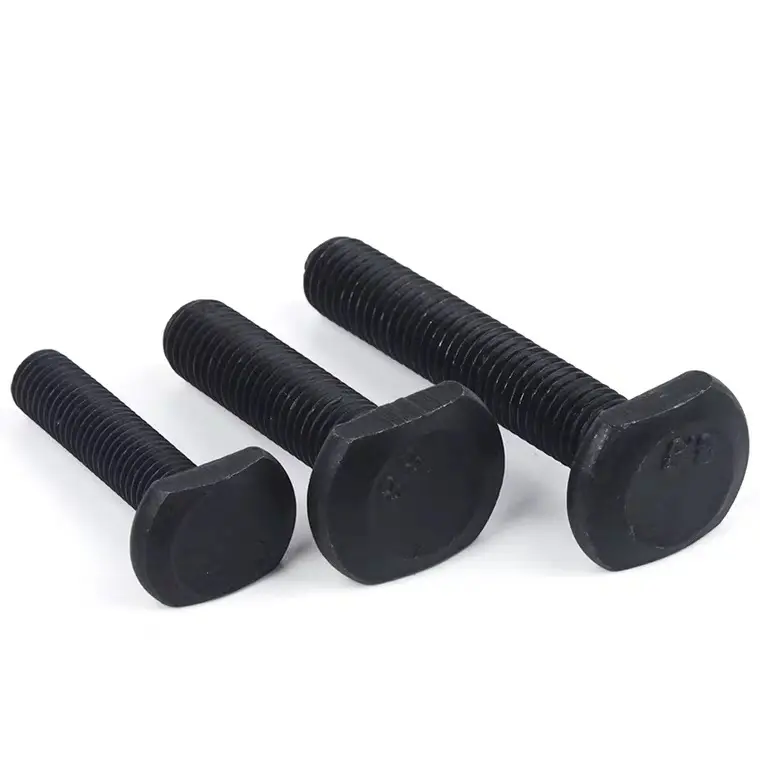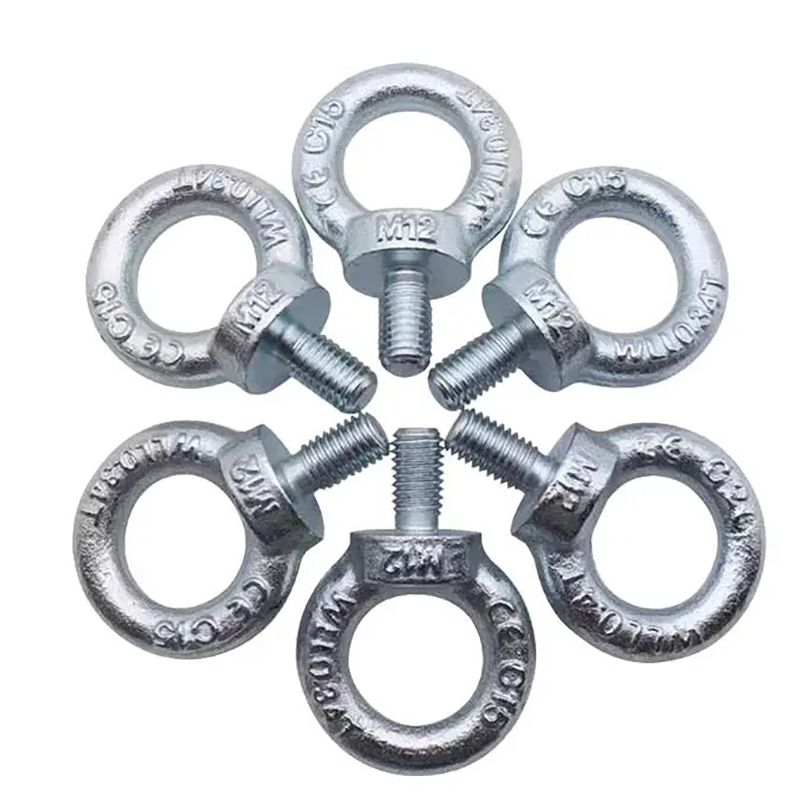

Choosing the right expansion bolt manufacturer is crucial for any project requiring secure and reliable fastening solutions. This guide explores key factors to consider when selecting a manufacturer, from material types and specifications to quality control and logistical capabilities. We’ll delve into the different types of expansion bolts available, helping you make an informed decision based on your specific project requirements.
Expansion bolts are available in a variety of materials, each offering unique properties and suitability for diverse applications. Common materials include steel, stainless steel, and zinc-plated steel. Steel expansion bolts are cost-effective and suitable for general-purpose applications. Stainless steel provides superior corrosion resistance, making them ideal for outdoor or marine environments. Zinc-plated steel offers increased durability and protection against rust. The choice of material directly impacts the longevity and performance of the bolt. Consider the environmental conditions and the load requirements when selecting the appropriate material.
Expansion bolt sizes are typically determined by the diameter and length. The diameter affects the holding power, while the length dictates the depth of penetration and the overall strength of the connection. It's essential to choose the correct size to ensure the bolt adequately anchors into the substrate material. Using a manufacturer’s provided technical data, including load capacity charts, is crucial for selecting appropriately sized expansion bolts for your specific application. Improper sizing can lead to failure and compromised structural integrity. Always refer to the load rating and specifications provided by the expansion bolt manufacturer.
A reputable expansion bolt manufacturer will adhere to strict quality control measures throughout the manufacturing process. Look for manufacturers with relevant certifications, such as ISO 9001, indicating a commitment to quality management systems. These certifications provide assurance that the manufacturer follows industry best practices and maintains consistent quality standards. Verify if the manufacturer conducts regular testing and inspection to ensure product conformity and reliability. Independent third-party testing reports can provide further validation of product quality and performance.
Assess the expansion bolt manufacturer's production capabilities to ensure they can meet your project’s volume and timeline requirements. Inquire about their lead times and their ability to handle large or custom orders. Efficient production capacity is crucial to avoid project delays. Consider their logistical capabilities, such as inventory management and shipping options, for timely delivery. A reliable manufacturer understands the importance of timely delivery and will work to minimize delays.
Excellent customer service and readily available technical support are essential aspects to consider. A responsive and knowledgeable support team can answer your questions, provide technical guidance, and assist with any issues that may arise. Check reviews and testimonials to gauge the level of customer satisfaction offered by the manufacturer. A reputable expansion bolt manufacturer will value its customers and be committed to providing high-quality support throughout the project lifecycle.
For high-quality expansion bolts and exceptional customer service, consider Hebei Dewell Metal Products Co., LTD. Visit their website to explore their range of products and learn more about their commitment to quality and customer satisfaction. They offer a diverse selection of expansion bolts to meet various project requirements, along with comprehensive technical support to ensure you choose the right product for your needs.
| Feature | Steel Expansion Bolt | Stainless Steel Expansion Bolt | Zinc-Plated Steel Expansion Bolt |
|---|---|---|---|
| Material | Steel | Stainless Steel | Zinc-Plated Steel |
| Corrosion Resistance | Low | High | Moderate |
| Cost | Low | High | Moderate |
Disclaimer: This information is for guidance only and does not constitute professional engineering advice. Always consult with a qualified professional for specific project requirements. Load capacities and specifications may vary depending on the manufacturer and product. Refer to the manufacturer's data sheets for accurate information.

